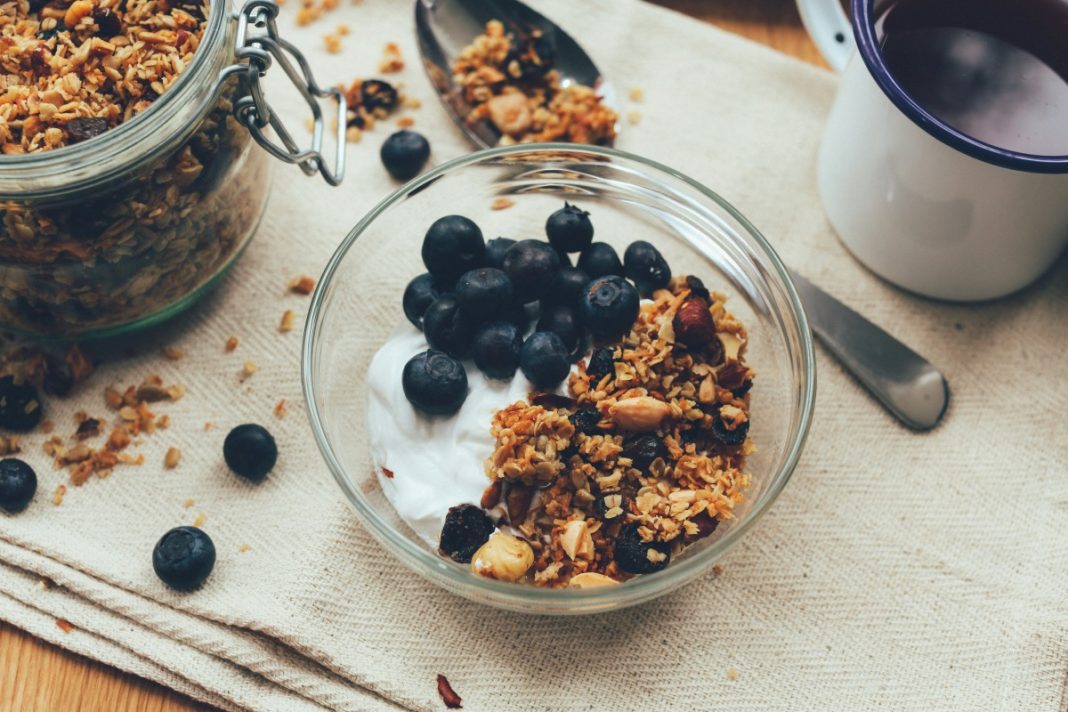In the quest for a healthy lifestyle, we often turn to foods that are marketed as healthy or that we believe to be beneficial for our well-being. However, not all “healthy” foods are as nourishing as they seem. Misleading claims and hidden ingredients can turn seemingly wholesome options into hidden culprits that sabotage our health goals. This article unveils ten foods that are not as good for you as you might think, backed by scientific insights.
1. Flavoured Yogurt
While yoghurt can be a great source of probiotics and calcium, flavoured yoghurts often contain high amounts of added sugars. A study in the Journal of the Academy of Nutrition and Dietetics highlights the need to scrutinize the sugar content in flavoured yoghurts, suggesting that plain yoghurt with fresh fruit is a healthier alternative.
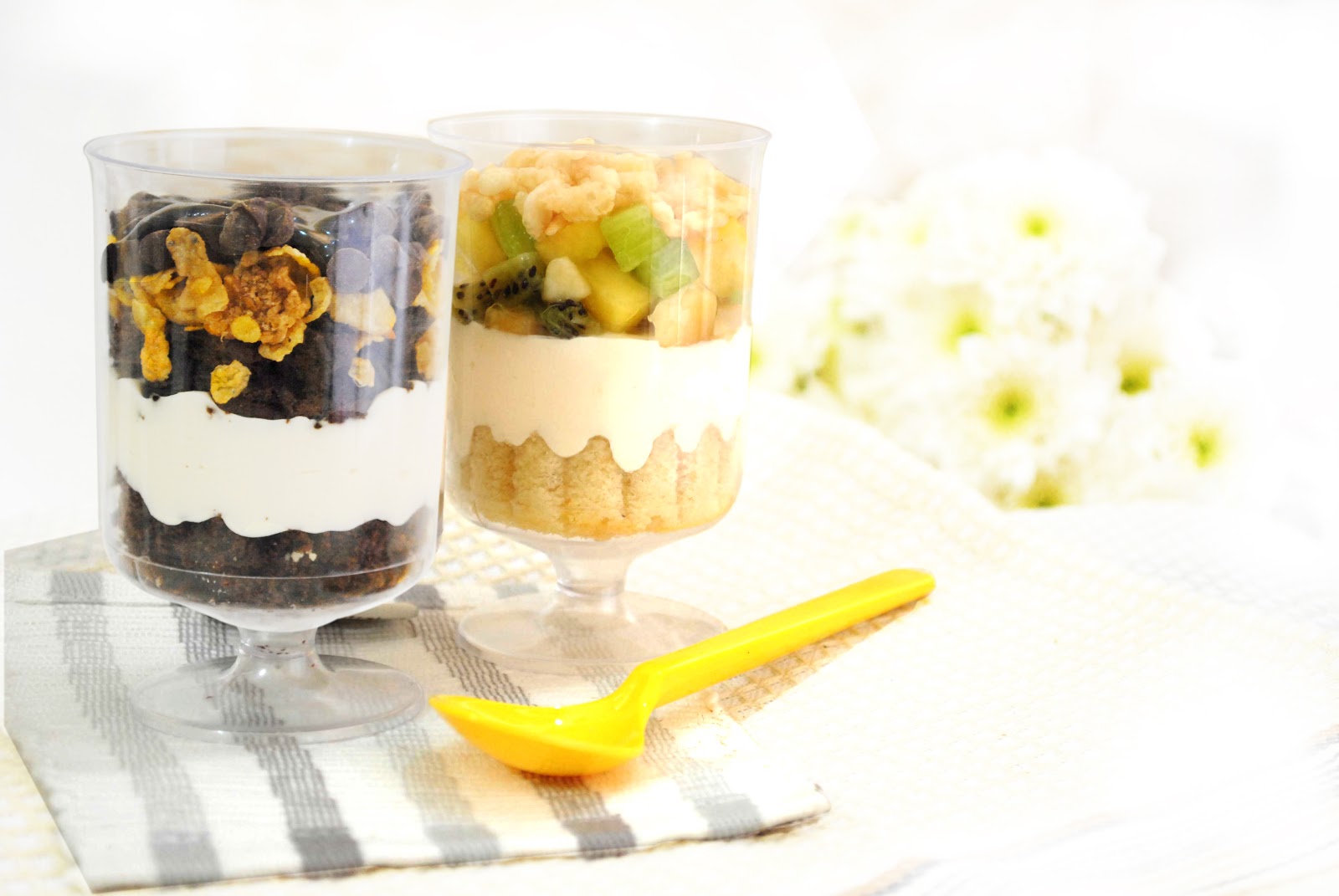
2. Granola
Granola is frequently marketed as a health food, but many store-bought versions are laden with added sugars and fats. A serving of granola can contain more sugar than a doughnut, making it a less-than-ideal option for those monitoring their caloric intake, as per a research published in the Public Health Nutrition journal.
3. Bottled Smoothies
Bottled smoothies might seem like a nutrient-packed choice, but they can be deceptive. Many contain a high concentration of fruit sugars and very little fiber, leading to rapid spikes in blood sugar levels. Nutrition experts recommend making smoothies at home with a balance of vegetables, fruits, and protein to control the sugar content.
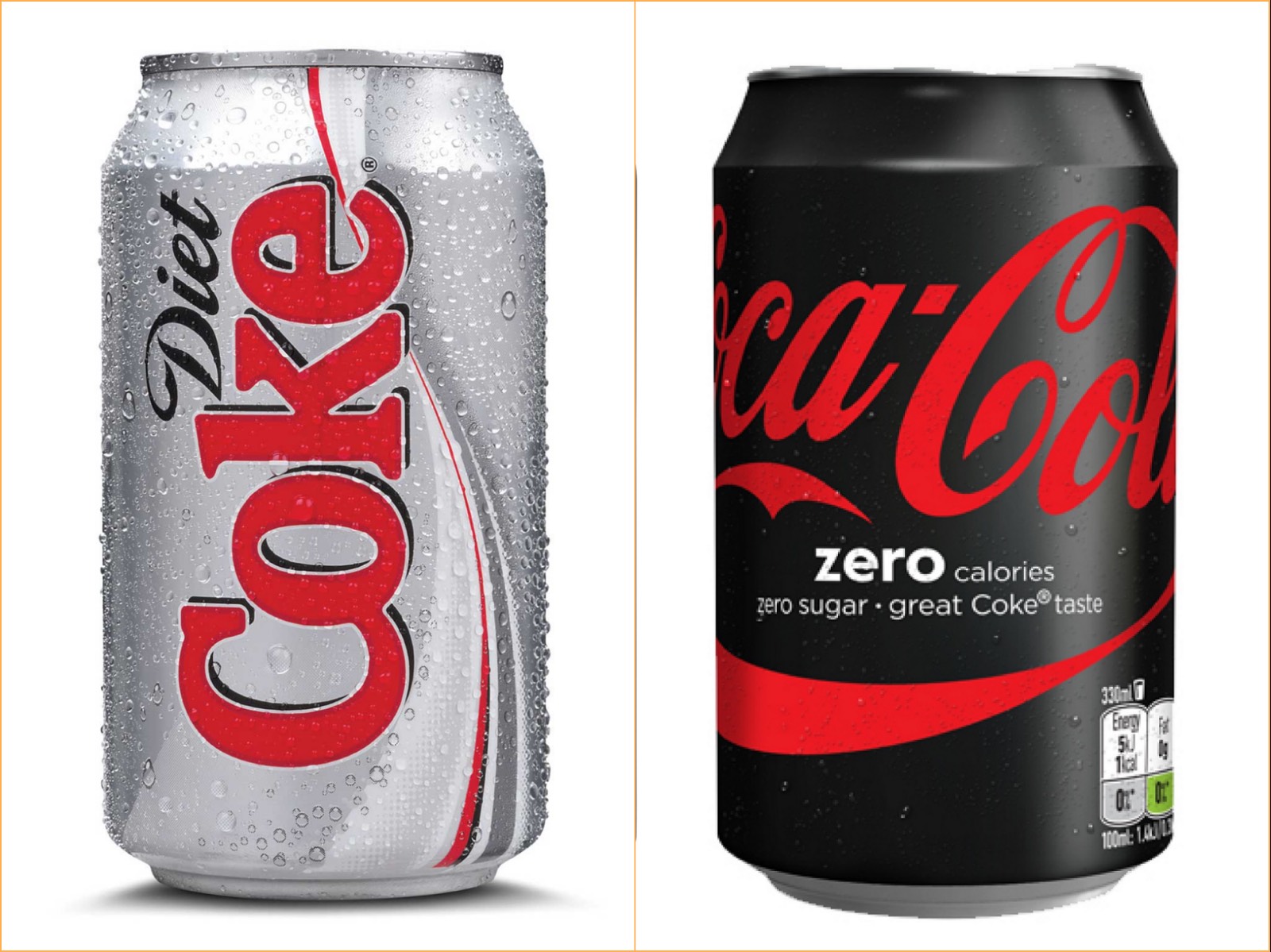
4. Diet Soda
Diet sodas are often chosen as a calorie-free alternative to regular sodas. However, studies, including one in the Journal of the American College of Cardiology, have linked artificial sweeteners used in these beverages to increased risk of metabolic syndrome and cardiovascular diseases.
5. Agave Nectar
Agave nectar is promoted as a natural sweetener superior to sugar. Yet, it is high in fructose, which can be harmful to your liver and metabolism when consumed in excess. Nutrition research suggests that agave may be even more detrimental to health than table sugar because of its high fructose content.
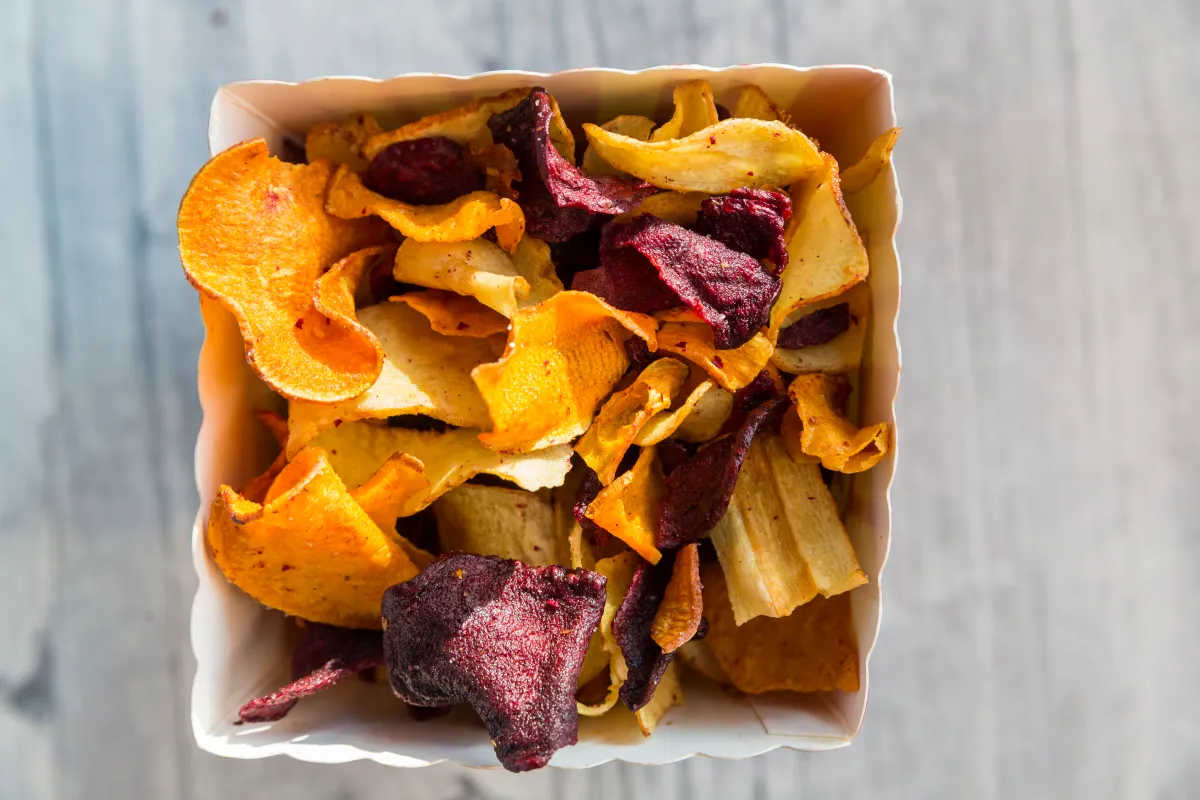
6. Vegetable Chips
Vegetable chips are often perceived as a healthier alternative to potato chips. While they may contain more types of vegetables, many brands add excessive salt, fat, and calories during processing, negating any potential health benefits.
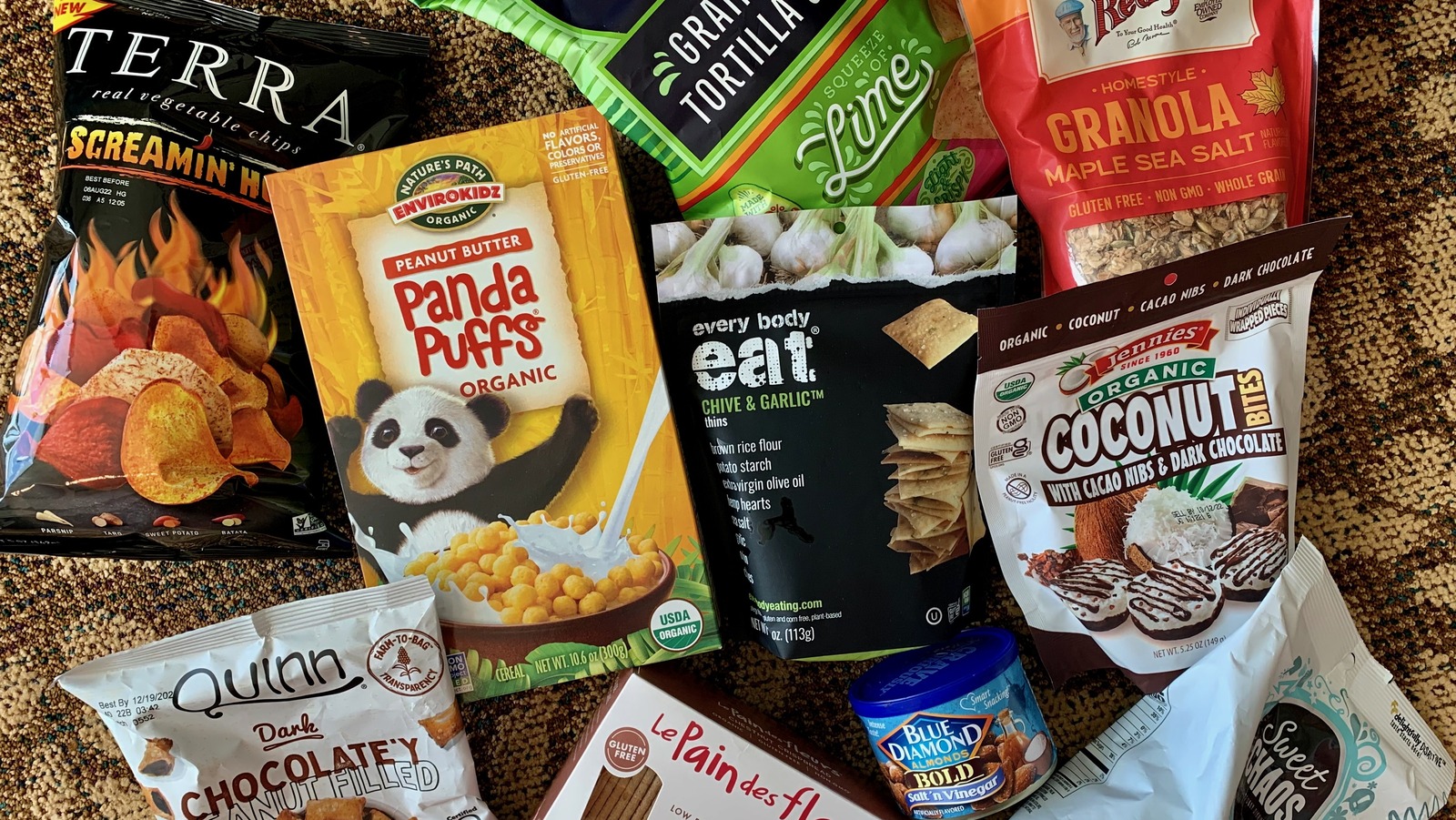
7. Gluten-Free Packaged Foods
For individuals without celiac disease or a gluten sensitivity, gluten-free packaged foods are not inherently healthier. These products can be high in sugar, fat, and calories as manufacturers add extra ingredients to improve taste and texture after removing gluten.
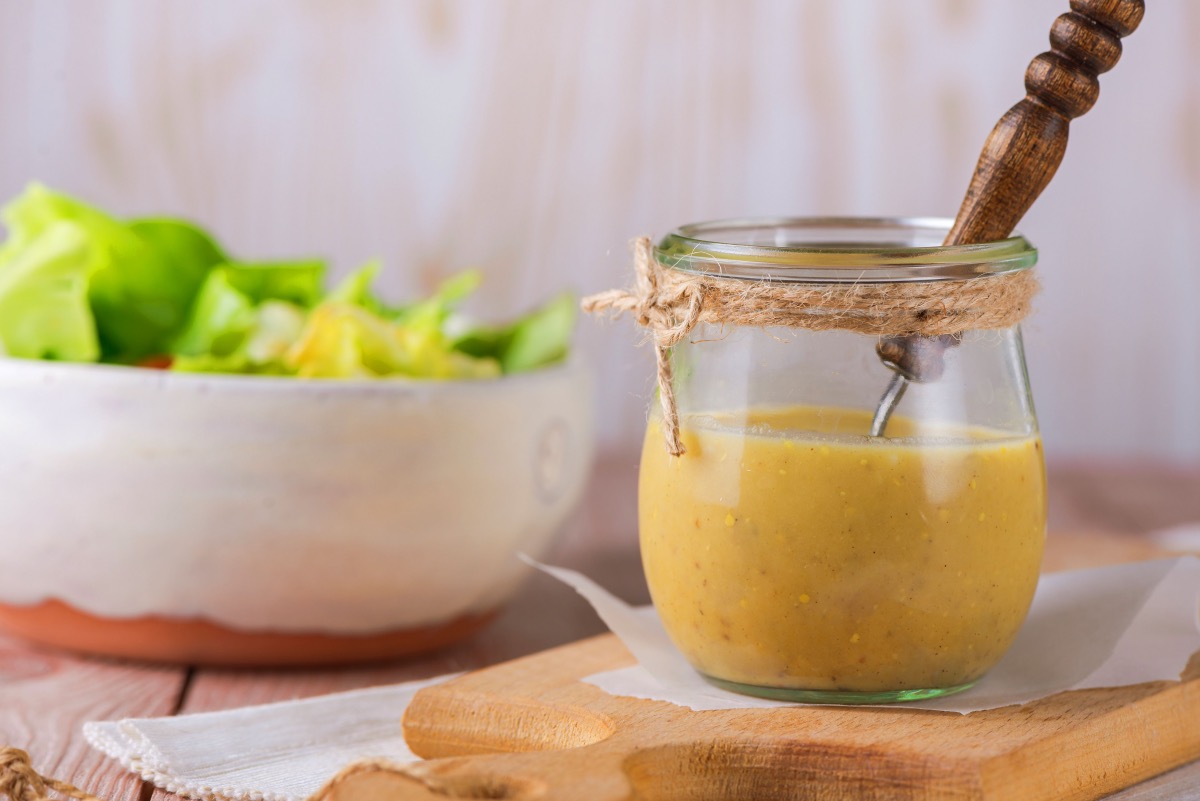
8. Fat-Free Salad Dressings
Fat-free salad dressings might appear to be a heart-healthy choice, but they often contain added sugars and preservatives to compensate for the lack of flavor from fats. Moreover, some vitamins in vegetables are fat-soluble, meaning they require fat to be absorbed properly by the body.
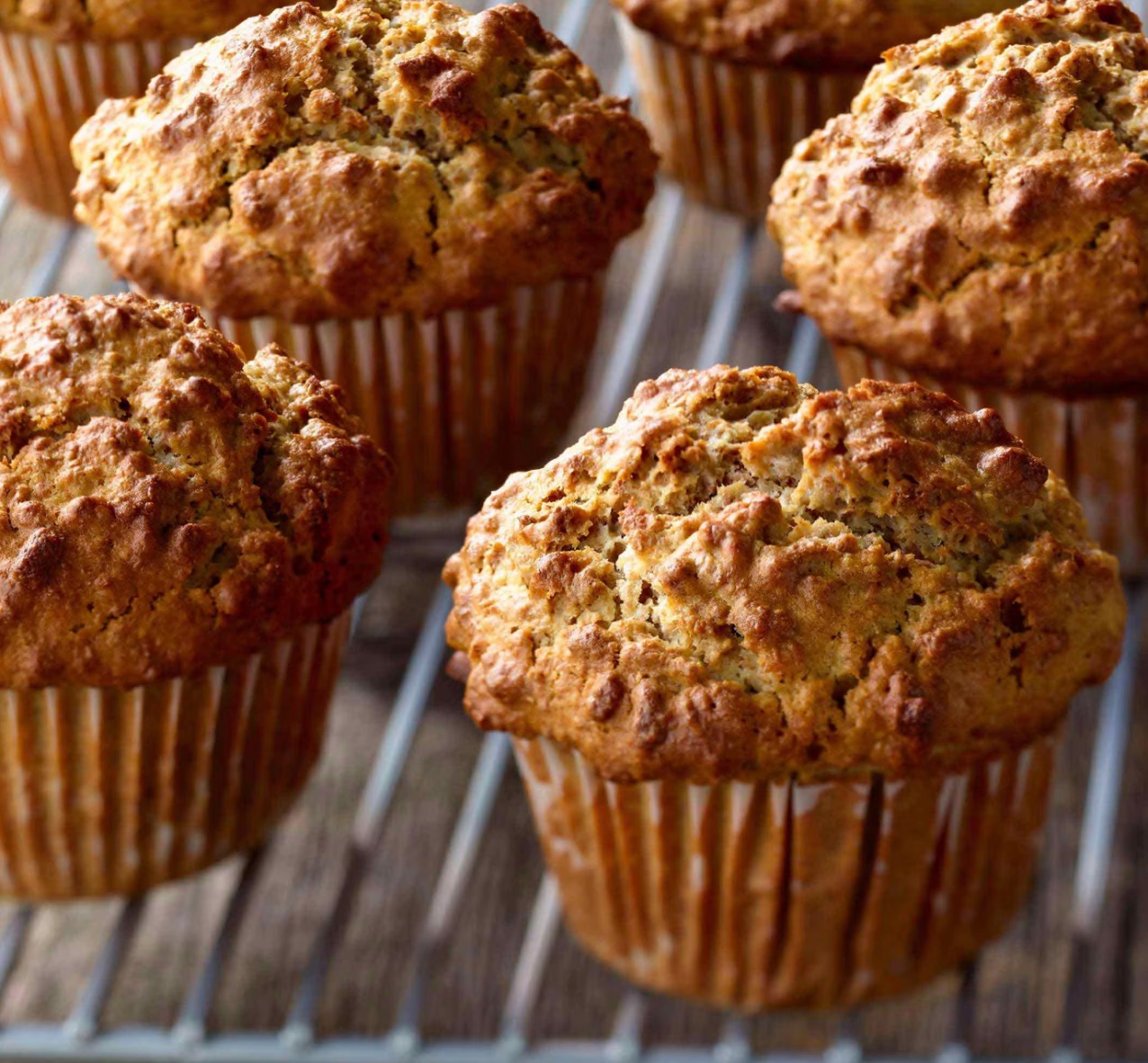
9. Bran Muffins
Bran muffins are commonly believed to be a nutritious breakfast option. However, many commercially prepared bran muffins are high in calories and sugar. A typical store-bought bran muffin can contain as many calories and as much sugar as a piece of cake.
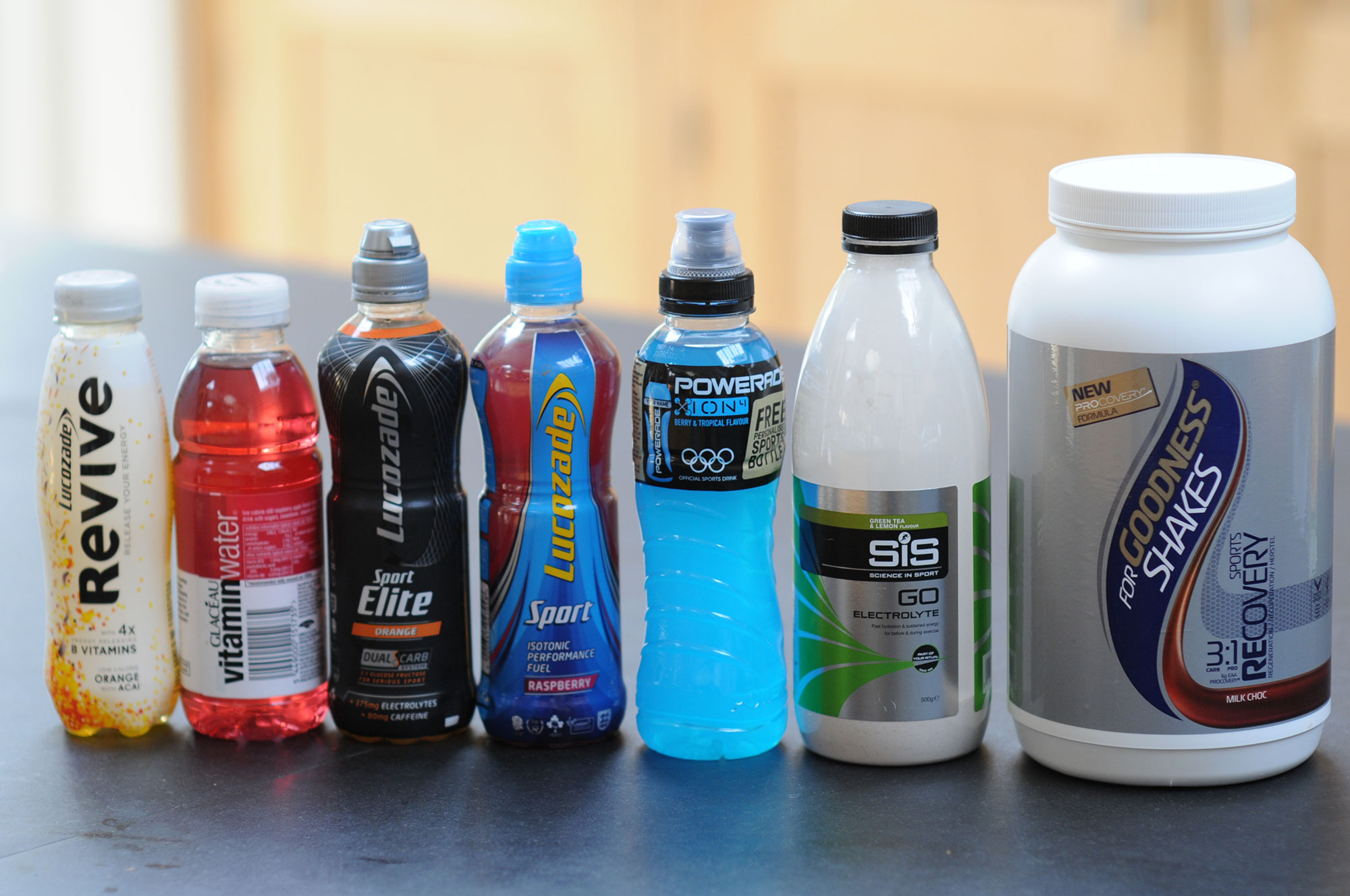
10. Sports Drinks
Sports drinks are designed to rehydrate and replenish electrolytes lost during intense exercise. For the average person, however, the high sugar content can contribute to unnecessary calorie intake. Water or coconut water are often sufficient for hydration for most people’s workout routines.
In Conclusion
Understanding the true nutritional value of the foods we consume is essential for maintaining a healthy diet. While the foods listed above can fit into a balanced diet in moderation, relying on them as staples could hinder your health goals. Always read labels carefully and consider whole, unprocessed foods as the cornerstone of your nutritional intake for optimal health benefits.

